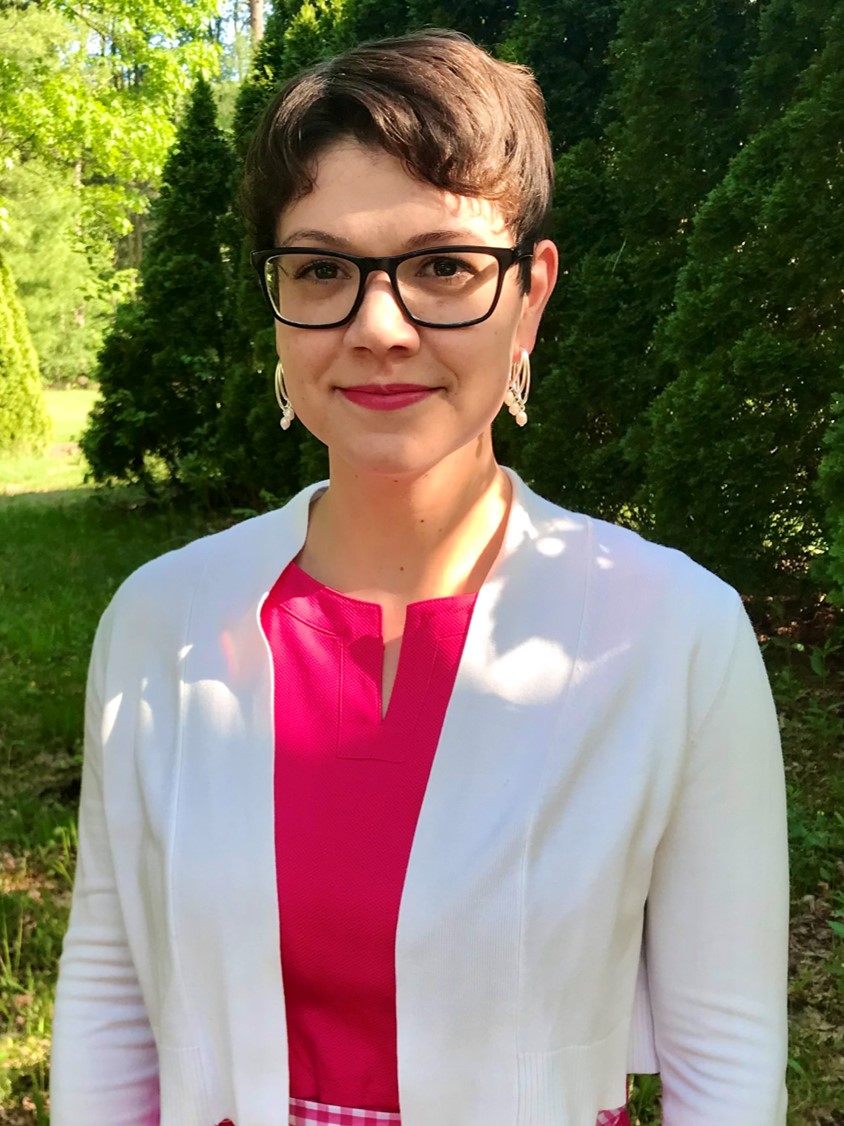Meghan Lescault
Meghan Lescault is a historian of medieval and Early Modern Europe with a particular focus on the history of Christianity. She is interested in different forms of celibate life in the medieval and Early Modern Church, including religious orders and especially non-cloistered religious women. She is currently working on a dissertation on the secular canonesses of Nivelles (in modern-day Belgium) and their relationships with the ecclesiastical hierarchy and with canon law. Lescault is a member of the Other Sister research group.
People Type:
Medieval Europe; early modern Europe; Christianity; non-cloistered religious women; religious orders; canon law; history of celibacy
Program:
Cohort:
The women known as secular canonesses in medieval and early modern Europe appeared as an enigma to some of their contemporaries, and they continue to puzzle many modern scholars. They were generally wealthy women who held liturgical duties within churches, but unlike nuns, they did not take permanent vows and retained control of their own property and freedom of movement. They have received relatively little scholarly attention, due, in part, to a historiographical tradition that imposes a monastic model on female religious life—the “good” religious woman was the cloistered nun. My dissertation specifically focuses on the canonesses’ relationship with the ecclesiastical hierarchy and their status within canon law in the medieval and early modern periods, using the canonesses of the church of St. Gertrude in Nivelles (in present-day Belgium) as a case study.



